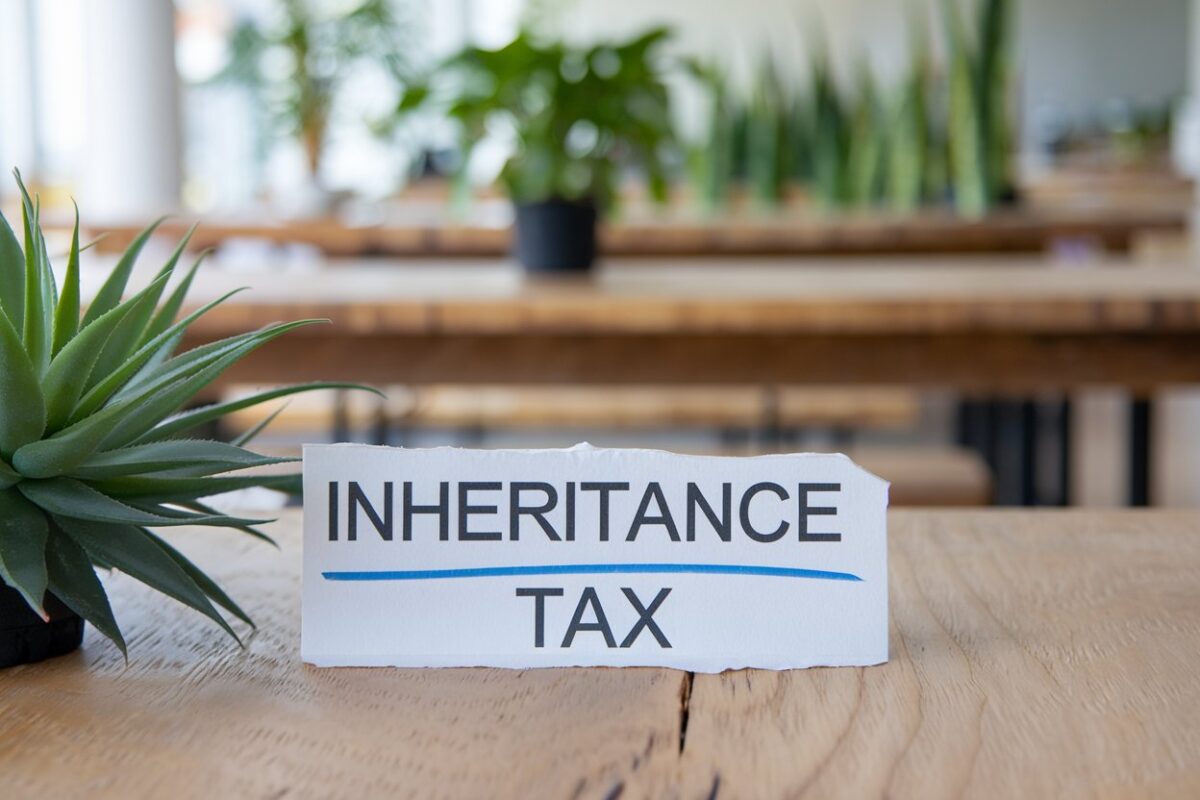Over the past 20 years, growing property values and static thresholds have contributed to a steady growth in inheritance tax revenues. Experts estimate that an even greater percentage of estates will be liable if IHT thresholds stay the same until 2030, making preparation more important than ever for families hoping to pass money down through the generations.
Rising Inheritance Tax Receipts Highlight Need for Strategic Planning
Inheritance tax receipts increased by £600 million over the same period last year, according to new figures from HM Revenue & Customs (HMRC). With £5.7 billion collected thus far for the 2024–2025 tax year, the government has made a substantial financial commitment. Experts in finance caution that this tendency is unlikely to change, especially since pensions will be included in taxable estates starting in April 2027.
Stephen Lowe, communications director at Just Group, noted, “Inheritance tax is set for another record year with receipts already over £550million ahead of the total through the same period in 2023/24,” urging families to evaluate their estate valuations and financial plans. Tax planning has become increasingly vital as frozen IHT thresholds and rising asset values push more estates into the taxable bracket.

Legal Gifting Rules Provide Opportunities to Minimise Liability
Legal gifting, which enables people to transfer wealth while they are still alive, is one of the best strategies to lower inheritance tax obligations. Key tactics were highlighted by Sarah Coles of Hargreaves Lansdown. These included recurring gifts from surplus income, £3,000 yearly allowances, and possibly exempt transfers, which are exempt if the donor lives for seven years after the gift is made.
However, Coles cautioned against impulsive decisions, advising households to ensure they retain sufficient funds for their needs before committing to gifts. “There’s a vital balance to strike here, so you’re not giving money away you can’t manage without, purely because you’re worried about tax,” she said.
Tax planning expert Shaun Moore of Quilter echoed the sentiment, emphasising the importance of staying informed about changing regulations. “More and more people are being ensnared by inheritance tax, and this will only increase,” Moore explained, urging individuals to update their estate plans regularly.
By leveraging existing allowances and understanding the implications of upcoming changes, households can proactively manage their inheritance tax obligations, ensuring financial stability for future generations while navigating an increasingly complex tax landscape.









